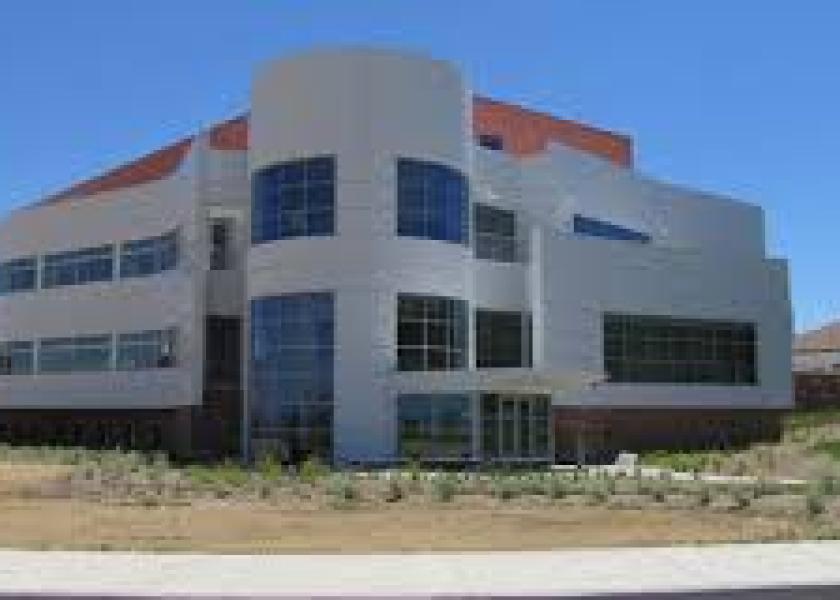Zoetis Establishes Veterinary Research Lab at CSU

Zoetis has signed an agreement with Colorado State University (CSU) to establish a research lab at CSU that will explore the livestock immune system and target new immunotherapies – paving the way for new alternatives to antibiotics in food-producing animals. The new 3,000-square-foot Zoetis Incubator Research Lab will operate at the Research Innovation Center on CSU's Foothills Campus starting in early 2020.
In this R&D collaboration, Zoetis scientists will be co-located with CSU’s highly skilled scientists, core laboratories, research programs and services to seed innovations for livestock animal health. While the Zoetis Incubator Research Lab will reside within CSU’s Research Innovation Center, it will be part of the company’s global R&D organization. As a result, Zoetis may access a greater understanding of the livestock immune system, generating new candidates for further research and development. The initial focus of the Incubator Research Lab will be biotherapeutics for cattle, which could yield broader implications for pigs and poultry.
"Our agreement with Zoetis represents the beginning of an era of collaboration, cooperation and innovation between public and private research leaders, all in the interest of improving animal health," said Ray Goodrich, executive director of the Infectious Disease Research Center and a professor in the Department of Microbiology, Immunology and Pathology at CSU.
With few alternatives today for treating life-threatening bacterial infections in animals, Zoetis supports the responsible use of antibiotic medicines in animals and in people, while ensuring that veterinarians and livestock producers have new and enhanced solutions to better predict, prevent, detect and treat disease in the animals under their care. These include new classes of antibiotics for veterinary use only and novel, non-antibiotic anti-infective treatments like those being pursued through the Zoetis Incubator Research Lab.
Going where the science is
As part of the new lab, Zoetis expects to hire up to 20 livestock research scientists, immunologists and cell biologists in Fort Collins beginning this fall.
"Zoetis is committed to continuous innovation and going where the science is. CSU is at the forefront of infectious disease innovation and animal health research in a vibrant biotech community, making it the ideal environment for our Incubator Research Lab," said Chad Ray, senior director of Global Therapeutics Research for Zoetis.
For CSU, Goodrich added that the strategic new lab will provide multiple benefits for the campus community and the city of Fort Collins. It also bolsters CSU's land-grant mission, which includes setting the standard for public research universities in teaching, research, service and extension for the benefit of the citizens of Colorado, the United States and the world.
"The success of our efforts will have the potential to translate into products and services that may greatly improve the health and well-being of farm animals and our agricultural communities," he said.
About the CSU Research Innovation Center
The Research Innovation Center at CSU is a life-science company accelerator and is home to several startup companies with roots at the university, including SiVEC Biotechnologies LLC, which is developing antiviral applications for the rapid treatment and prevention of avian influenza. The center was originally designed to foster collaborations between private industry and CSU’s academic community. Learn more about the Research Innovation Center at https://www.research.colostate.edu/idrc/research-innovation-center/







